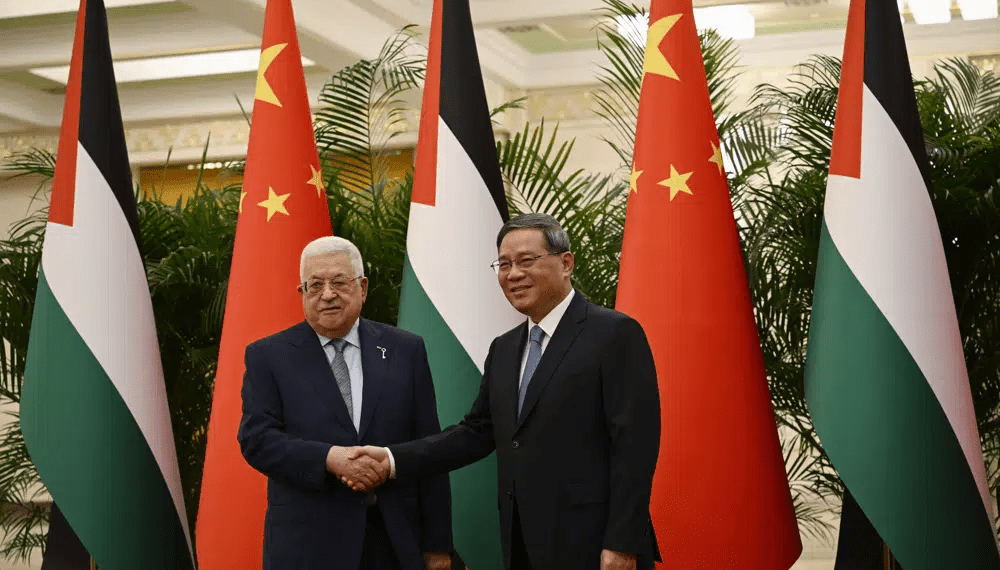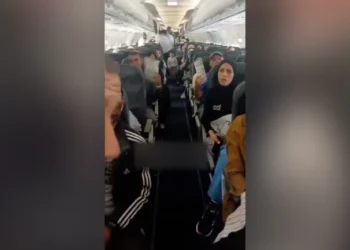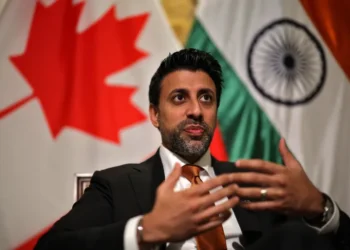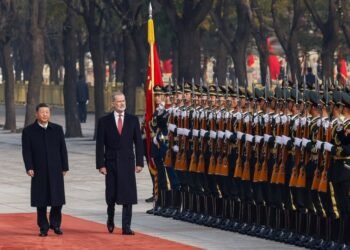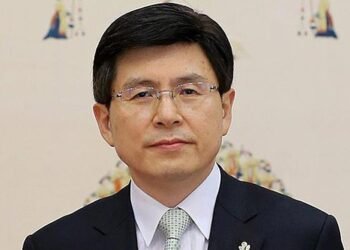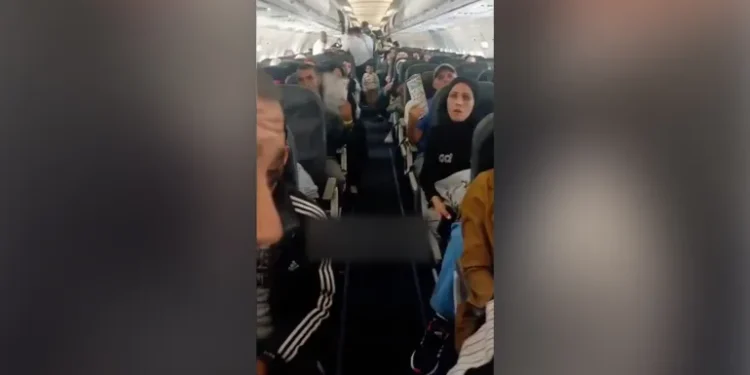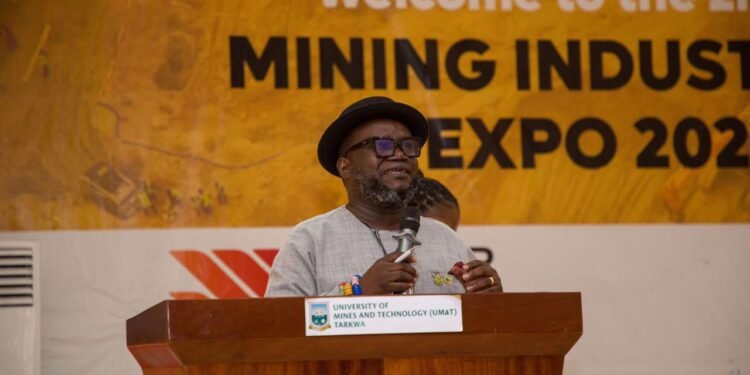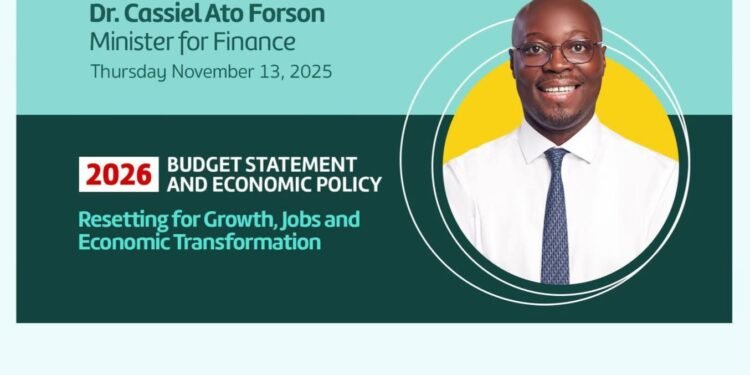Chinese Premier Li Qiang has met with visiting Palestinian President, Mahmoud Abbas in an effort by Beijing to bolster ties and increase its overall presence in the Middle East.
Li described Abbas as “an old friend of the Chinese people” who has made “important contributions to the promotion of China-Palestinian relations.”
The meeting came a day after Abbas was welcomed with full military honors by Xi Jinping, China’s President and Head of the ruling Communist Party. In Abbas’ meeting with Xi, the formation of a “strategic partnership” between China and Palestine was announced.
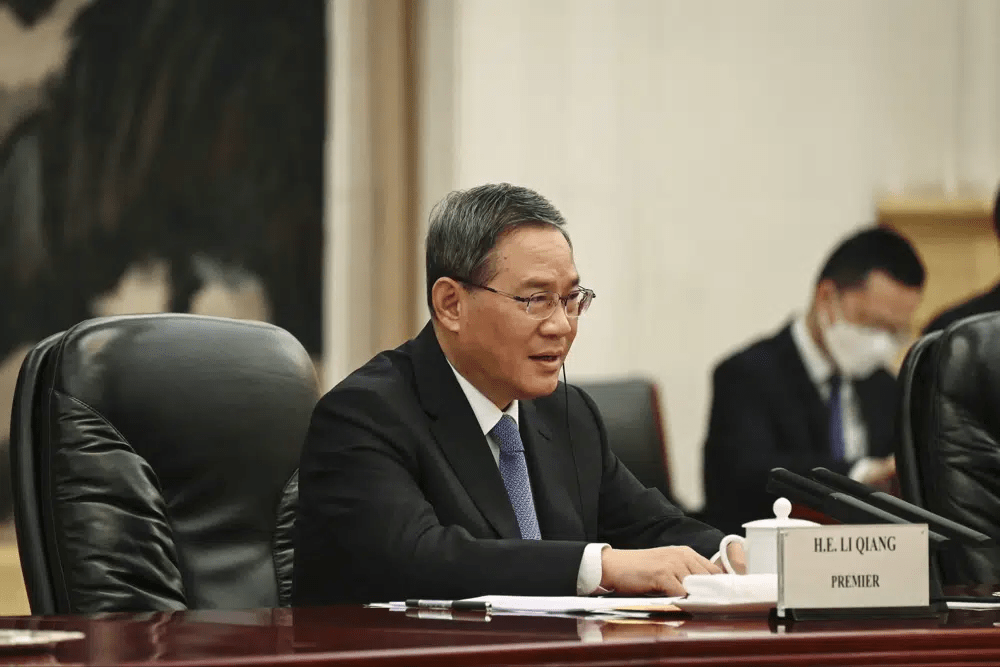
This signals a boost in China’s influence in the region at a time when Beijing’s chief rival for global influence, the United States, is seen as withdrawing from the region following the conflicts in Iraq and Afghanistan and complications in ties with regional power, Saudi Arabia.
China, meanwhile, is seeking energy resources and markets for its military and civilian exports while also promoting its version of authoritarian government as part of joint challenge with Russia to the Western-led democratic world order.
Beijing has long maintained diplomatic ties with the Palestinian Authority, and it appointed a special envoy to meet with Israeli and Palestinian officials. However, its expertise in the region is mainly limited to construction, manufacturing and other economic projects.

China is dependent on such partnerships to bolster its diplomatic posture.
In April, Chinese foreign minister Qin Gang made separate phone calls to Israeli Foreign Minister Eli Cohen and Palestinian Foreign Affairs Minister Riyad al-Maliki. Qin Gang expressed China’s concern over intensifying tensions between Israel and Palestinians and its support for a resumption of peace talks.
Israel and the Palestinians have not held substantive peace talks on ending the century-long conflict in over a decade. Israeli Prime Minister, Benjamin Netanyahu’s government is committed to expanding settlements in the occupied West Bank, which most of the international community considers illegal and an obstacle to peace, while several of his key allies are strongly opposed to the creation of an independent Palestinian state.
China also has sought close ties with Israel to expand its diplomatic presence and to gain access to high technology.
China Hosts Increasing Number Of World Leaders
Since reopening its borders after a three-year virtual shutdown due to its extreme “zero-COVID” policy, China has hosted a growing list of world leaders.
Those have included French President Emmanuel Macron and European Commission President, Ursula von der Leyen, whose visits caused controversy over China’s pursuit of its campaign to cut off foreign support for self-governing Taiwan and block criticism of its human rights record.
Next week, U.S. Secretary of State, Antony Blinken is scheduled to make a visit to Beijing that was postponed over the presence of an alleged Chinese spy balloon hovering over the U.S.
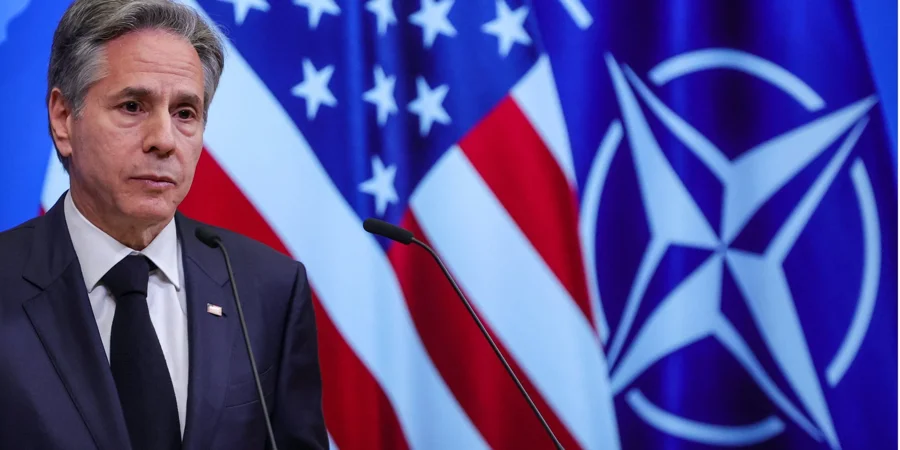
Diplomatic relations between Washington and Beijing are at their lowest in decades over trade, technology, U.S. support for Taiwan and an intensifying competition for influence in Asia and elsewhere.
U.S. officials divulged that Blinken, who will be the first Secretary of State to visit China since 2018, expects to meet with Qin on Sunday, June 18, 2023, as well as China’s top diplomat, Wang Yi, and possibly Chinese President Xi Jinping on Monday, June 19, 2023.

